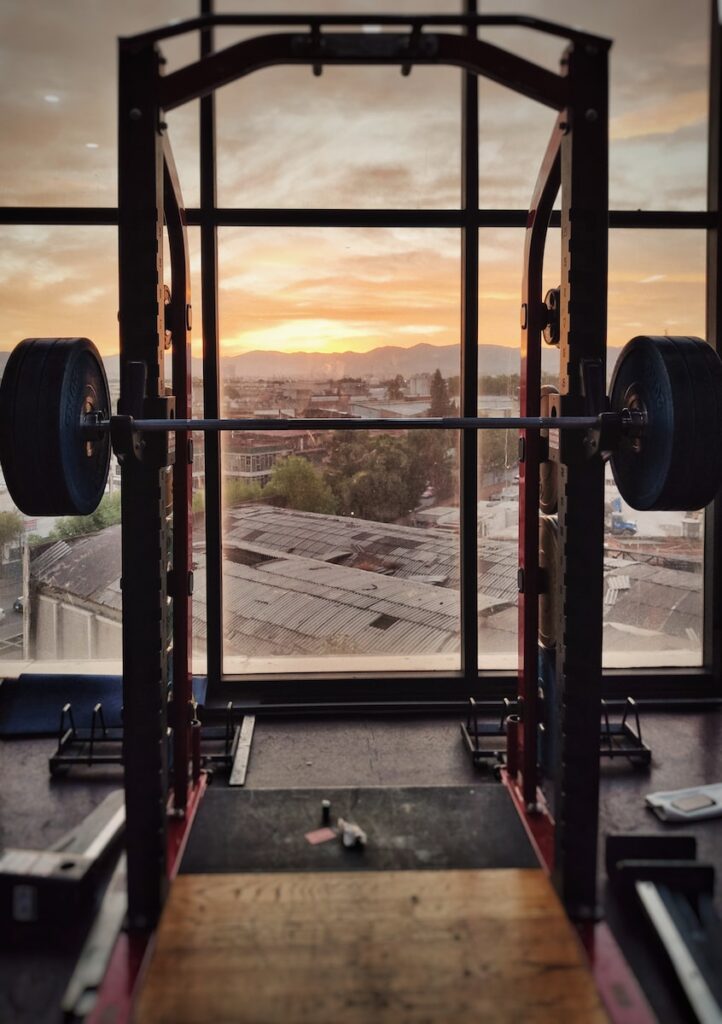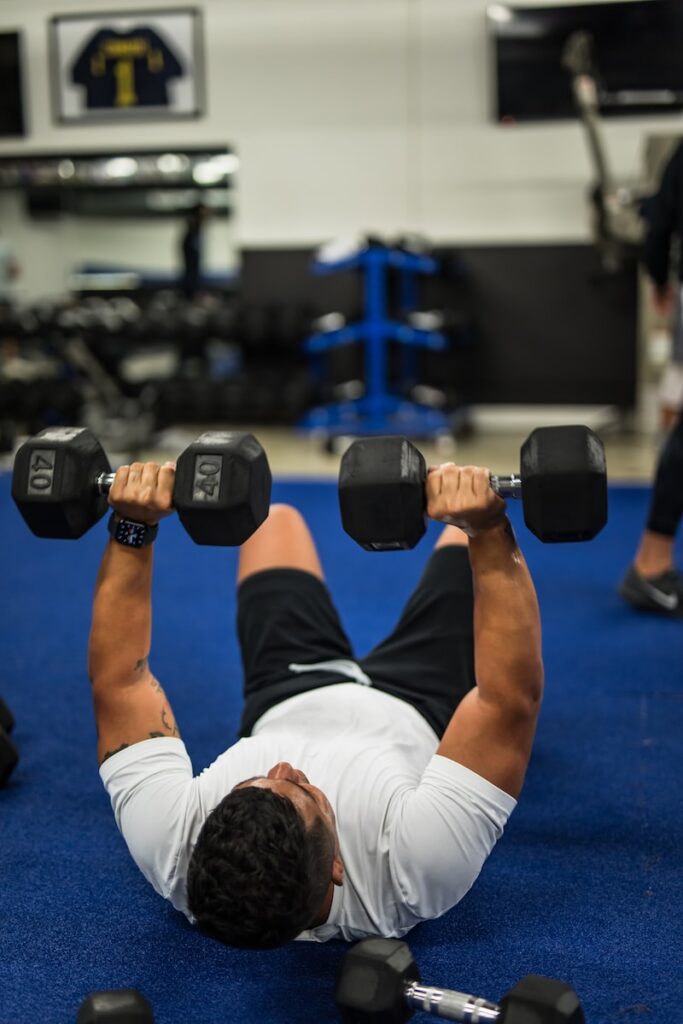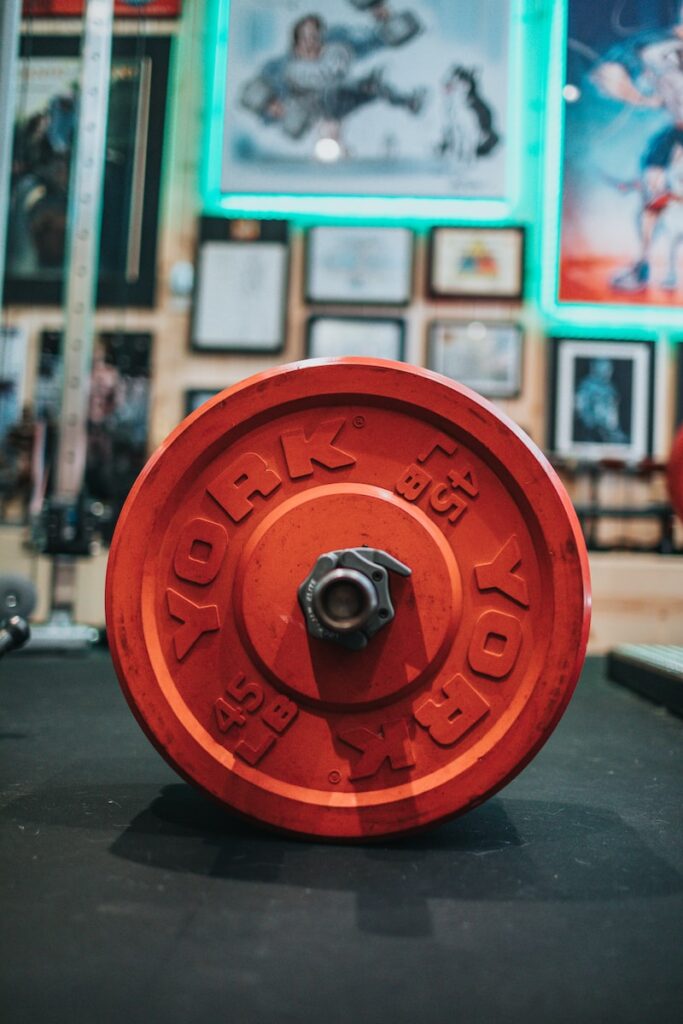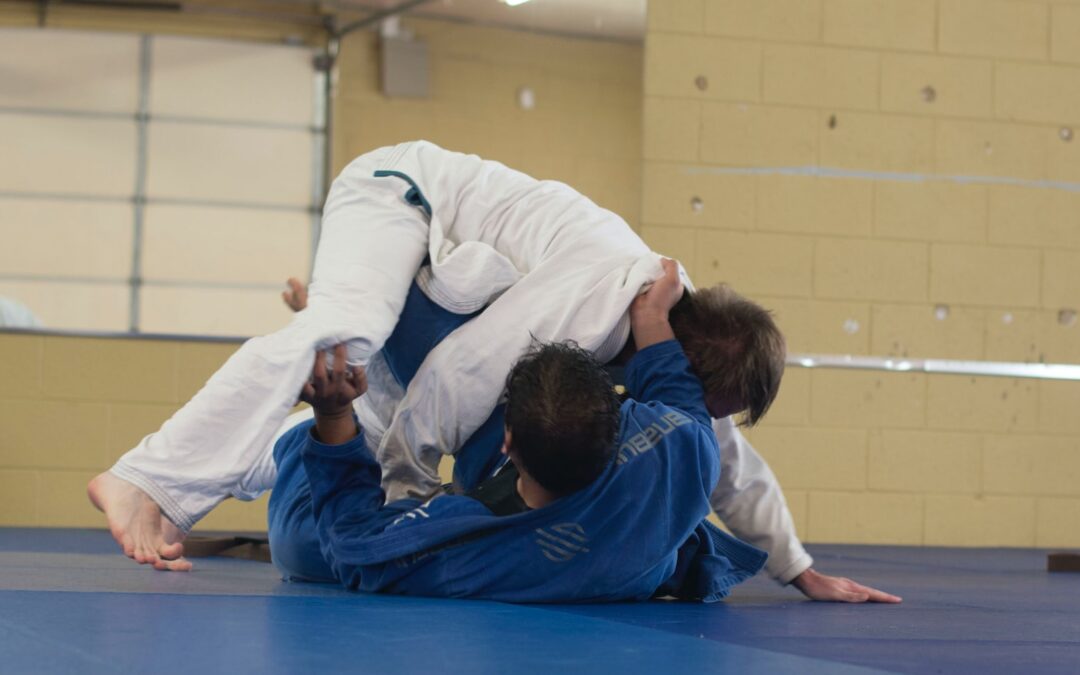Jiu-jitsu series: 3 Effective Strength and Conditioning tips
Jiu-Jitsu is a complex sport. This can lead to confusion when it comes to how to train for performance in the gym. Here are some tips to consider when designing a training plan.
Jiu-Jitsu is becoming an increasingly popular sporting activity in the UK. The blend of technical, tactical, and physical qualities that are required to compete appeals to a wide range of people. It’s also very accessible, with classes catering for all ages and levels of expertise now starting to show up around the country.
Despite its heritage as a traditional martial art, Jiu-Jitsu has gained popularity in recent years through the role it plays in Mixed Martial Arts (MMA). Promotions such as the UFC have led the way in developing public interest, with more and more people tuning in to their events each weekend.
One of the appeals of Jiu-Jitsu, particularly within MMA, is that it promotes the underdog story: since the early days of the UFC, we’ve seen examples of fighters who are able to overcome much bigger opponents through means of tactical and technical abilities. This has also helped to highlight how effective Jiu-Jitsu can be in self-defense, opening further avenues.
Here’s a video of Brazilian Jiu-Jitsu legend Royce Gracie, submitting a 6 foot 8 Sumo Wrestler!
The complexity of the sport is undoubtedly one of the selling points. However, this does lead to some confusion when it comes to using Strength and Conditioning training. Due to the wide variety of positions and movements that we see during a Jiu-Jitsu match, there is a tendency for training plans to become overly complicated.
In this article we offer some tips to consider when designing a training plan for Jiu-Jitsu. We demonstrate how an effective Strength and Conditioning plan can be both simple and time-efficient, following some of the same principles that we’d use for any other sport. We hope you find it useful!
1) Keep exercises simple

As we mentioned above, Strength and Conditioning training for Jiu-Jitsu is often over-complicated. This is unnecessary; we can use some of the core training principles that apply to any sport to design a program that’s effective.
An exercise doesn’t need to ‘look’ like the sporting activity to lead to improvements in performance. Overly complex exercises are often difficult to apply resistance to, making them LESS likely to actually cause any adaptation. This can also lead to safety and technique issues.
Our advice is to keep exercises simple and safe, using movements and equipment that are easy to add load to and progress over time.
2) Make exercises specific
When we strength-train, selecting exercises that use similar ranges of motion and joint angles to our sporting activity can help the gym work to carry over into performance.
To use the picture on the right as an example, doing a dumbbell press from the floor could be considered to be more specific for Jiu-Jitsu than a traditional bench press, as the shoulders and elbows are working in positions that we might seeing during a match.
This highlights how we can make an exercise specific to Jiu-Jitsu, without making it overly complex. An exercise like the floor press is easy to safely add weight to and can be progressed over time to improve strength.

3) plan progression and stick with it

If we want to make real progress with our Strength and Conditioning over time, consistency is our friend. A common mistake in training is changing things too often, making it difficult to actually improve in any one area.
For example, if in Week 1 you include squats but then change your exercises and don’t squat again until Week 4, you’re unlikely to ever make the progress that you’re capable of. It’s also difficult to know where your limits are, which can lead to falling short of your goals, or increasing your injury risk.
If you’ve got a plan that you’re enjoying and targets the right areas, our advice would be to stick with it for 4-6 weeks before making changes. If you can improve on something from one week to the next (more repetitions, more weight, more sets), this will add up to considerable improvements over time.
If you need some help building a Strength and Conditioning plan for your sport, speak to a member of the Summit Team and see if we can help! We work with clients with a wide variety of backgrounds and goals, from those who just want to improve health, to elite athletes. Our aim is to help you become the best-possible version of yourself!
If you’re struggling with an injury that’s stopping you getting back into exercise, call us on 0800 731 2738 or book online here.
If you need some help designing a program that will keep you exercising, get in touch at https://www.summitphysio.co.uk. We also offer Strength and Conditioning services, including bespoke training plans and 1 on 1 coaching.
For more free tips and information, make sure to follow our Facebook and Instagram pages. We also post client stories, so you can see how we’ve helped people get back to doing the things they enjoy!



